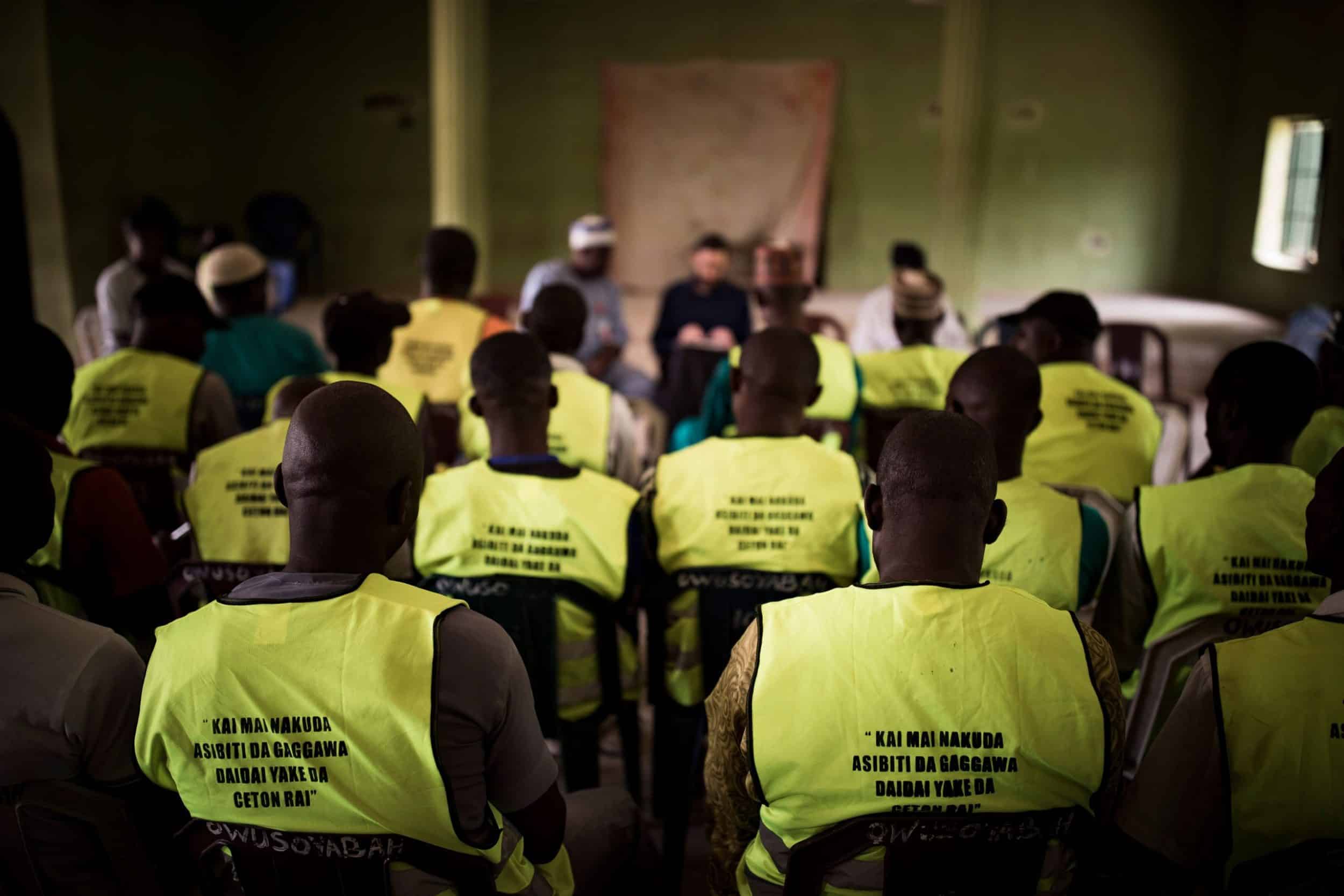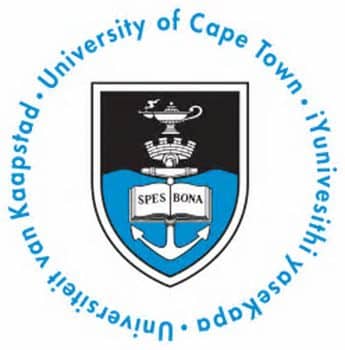Briefing Docs

Evidence Brief: Scaling up rectal artesunate in a community-based initiative in Zambia. Final results from MAM@Scale
As the global development agenda converges around the Sustainable Development Goals (SDGs) and aims for Universal Health Coverage (UHC), there is much emphasis on the need for an inclusive development approach. To achieve this, communities need to be at the centre of interventions and must have the knowledge and resources to drive their own development agenda according to their local needs. However, in rural Zambia, as in many other sub-Saharan African contexts, communities continue to face multiple barriers in accessing basic services. Underlying factors include geographical, financial and social constraints.
The MAMaZ Against Malaria (MAM) and MAM@Scale projects aimed to reduce preventable deaths from severe malaria by introducing and expanding the availability of an innovative pre-referral intervention at community level in remote rural districts in Zambia over the period 2017-2021. In this evidence brief, we share the final results of the MAM@Scale project.
Click below to read the full brief.
Download: FINAL-MAM@Scale_EvidenceBrief_Final-Results-24.01.22.pdf









